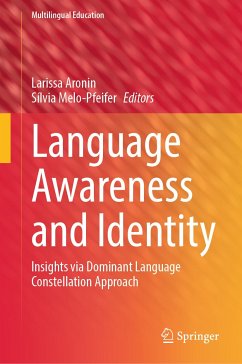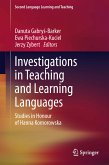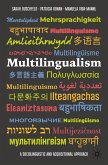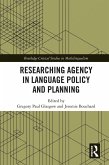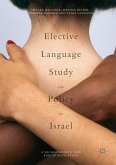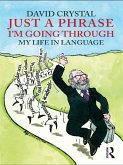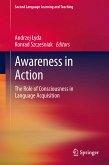This volume offers a unique insight into multilingualism and sociolinguistic diversity employing the dominant language constellation (DLC) approach. How can novel research inform teaching practices? How do current theories account for multilingual reality in settings as diverse as countries of Western and Eastern Europe and Tunisia and Maghreb? The volume deals with issues of plurilingual identity of teachers and multilingual learners and examines the issues of foreign language teaching both in contexts perceived as monolingual and multilingual Drawing on the intersection of analytic categories such as language repertoire, translanguaging, visuality and narratives, it particularly emphasizes the connections between DLCs, language awareness and identity. The contributors demonstrate how formal language teaching can capitalize on the DLC paradigm and how teacher education programs can use it both as a framework to discuss and as a tool to enhance teacher education and professional development.
This volume on DLC as an approach to exploring facets of language awareness and identity presents a very welcome contribution to the study of multilingualism as a complex and dynamic phenomenon. The studies stemming from a range of mainly educational settings in different countries will definitely enhance our thinking perspectives in an area of research with increasing interest.
Prof. Dr. Ulrike Jessner, University of Innsbruck (Austria) and University of Pannonia (Hungary)
Dieser Download kann aus rechtlichen Gründen nur mit Rechnungsadresse in A, B, BG, CY, CZ, D, DK, EW, E, FIN, F, GR, HR, H, IRL, I, LT, L, LR, M, NL, PL, P, R, S, SLO, SK ausgeliefert werden.

